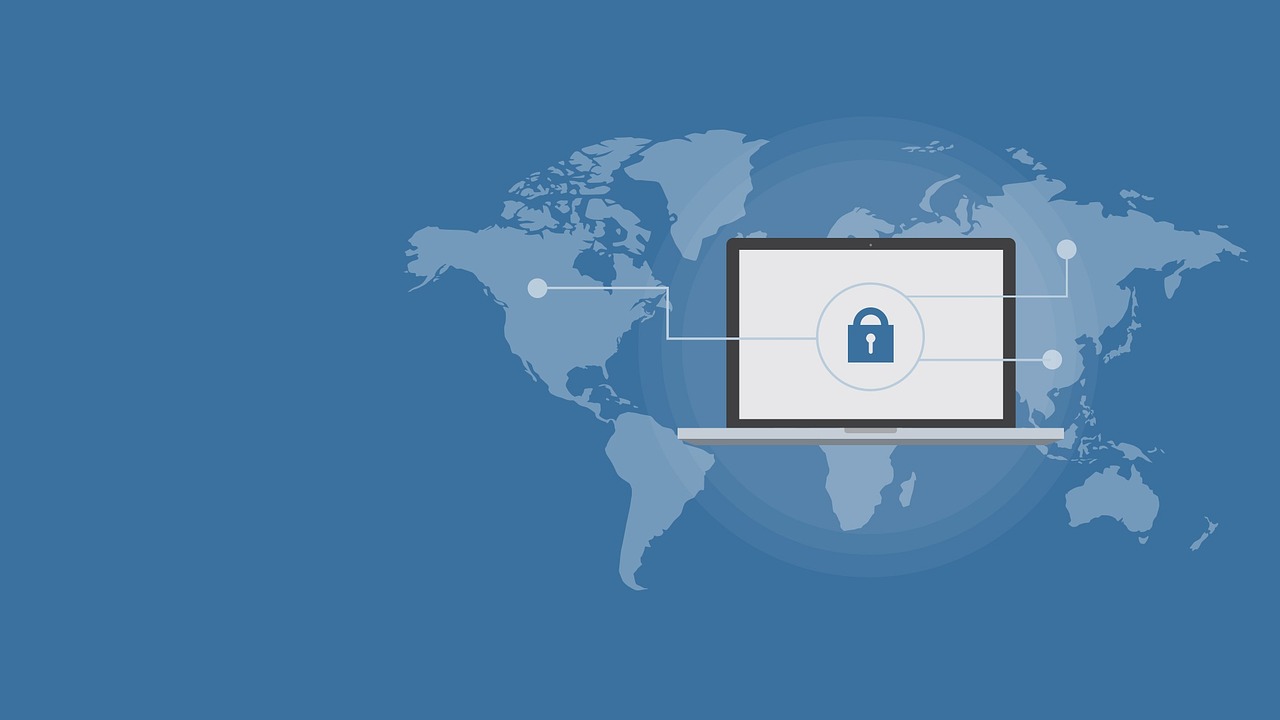Can I truly trust a company or organization when I share all my data with them? Will they use it responsibly, or might they share it with numerous partners and clients, bombarding me with unsolicited emails, offers, and proposals?
These are questions that users find themselves asking more frequently as they navigate the internet, particularly with the growing awareness of the importance and value of personal data, coupled with an increasing demand for the right to privacy.
How can an organization ensure the confidentiality and protection of its customers’ data, providing the assurance that it will not be used inappropriately, such as through profiling or sharing with suppliers and other partners? In essence, how can businesses cultivate digital trust among their user bases? In reading this blog, you’ll discover the key strategies to establish a foundation of trust in the digital age, safeguarding both data integrity and customer confidence. We’re here to help you uncover the practices that not only prioritize privacy but also elevate your brand’s credibility, appealing to the discerning eye of entrepreneurs in today’s data-centric landscape.
The answer comes from Europe, and it’s called the General Data Protection Regulation, or GDPR. Since 2016, the GDPR has been the European Union’s pivotal tool, mandating businesses to adopt stringent security measures for data protection and ensuring users the exercise of crucial rights. These rights include the freedom from profiling, the right to avoid unsolicited communications, and, notably, the right to be forgotten – the ability to be entirely erased from a company’s records and cease further contact.
The GDPR not only sets a gold standard for data protection but also serves as a beacon for businesses worldwide looking to establish digital trust. Compliance with GDPR not only safeguards customer data but also demonstrates a commitment to ethical data practices. By adhering to GDPR principles, organizations can create a foundation of trust that resonates with users and instills confidence in their brand.
The GDPR is a requirement for all companies, regardless of their location within the European Union, that handle the data of European citizens. This obligation extends to U.S. companies operating websites accessible from Europe to provide goods or services. Consequently, this compliance isn’t exclusive to major big data corporations but applies to small online stores and e-commerce ventures as well. Recognizing that adherence to the GDPR is not just a legal responsibility — as evidenced by recent substantial fines imposed on Meta and the blocking of ChatGPT in Italy due to GDPR violations — but an essential step for every company. Its proper implementation serves as a pivotal milestone, allowing businesses to secure digital trust from users and cultivate an ethical image that underscores a commitment to respecting citizens’ rights in the market.
However, achieving digital trust is not a one-time effort but an ongoing commitment. Regular audits, transparent data policies, and proactive communication on privacy practices are essential to maintaining trust over time. Entrepreneurs and business leaders should view GDPR compliance not merely as a legal requirement but as an opportunity to differentiate their brand, build lasting relationships, and thrive in an era where digital trust is a precious commodity.
In a landscape where digital trust is the currency of credibility, understanding and embracing the power of GDPR is not just a legal necessity but a strategic advantage. Prioritizing data protection can elevate a brand and set an organization apart in a world increasingly shaped by ethical business practices.
 Author: Gianni Dell’Aiuto – Attorney; Data Protection Officer
Author: Gianni Dell’Aiuto – Attorney; Data Protection Officer
Gianni Dell’Aiuto, a corporate and business lawyer and privacy consultant. Born in Tuscany in 1965, he graduated cum laude in law from the University of Siena, and has been practicing law since 1994. Currently based in Rome, he has always been deeply involved in corporate and internationalization of companies.
Over the years, Gianni’s focus has shifted towards privacy, personal data protection, and the European GDPR regulations. He provides expert assistance to companies and professionals in managing data protection.
In addition to his previous accomplishments, Gianni Dell’Aiuto has authored a book and numerous articles on data protection. His literary contributions delve into the intricacies of safeguarding personal data and the challenges posed by the digital age. Furthermore, he has served as a keynote speaker at various conferences, sharing his expertise and insights on privacy matters with diverse audiences.
Through his study of personal data and human behavior online, Gianni has authored two books that explore the emergence of the “new man” born alongside the internet, where a smartphone acts as an extension of one’s hand. He aptly named this phenomenon “Homo Googlis.”


0 Comments